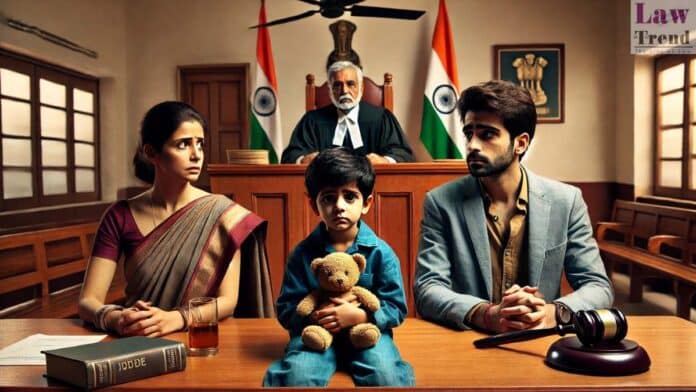The Madhya Pradesh High Court has dismissed a habeas corpus petition filed by a U.S.-based father seeking custody of his 10-year-old son currently residing in India with his mother, ruling that the welfare of the child is of paramount consideration and cannot be overridden merely by the order of a foreign court. A Division Bench
To Read More Please Subscribe to VIP Membership for Unlimited Access to All the Articles, Download Available Copies of Judgments/Order, Acess to Central/State Bare Acts, Advertisement Free Content, Access to More than 4000 Legal Drafts( Readymade Editable Formats of Suits, Petitions, Writs, Legal Notices, Divorce Petitions, 138 Notices, Bail Applications etc.) in Hindi and English.




